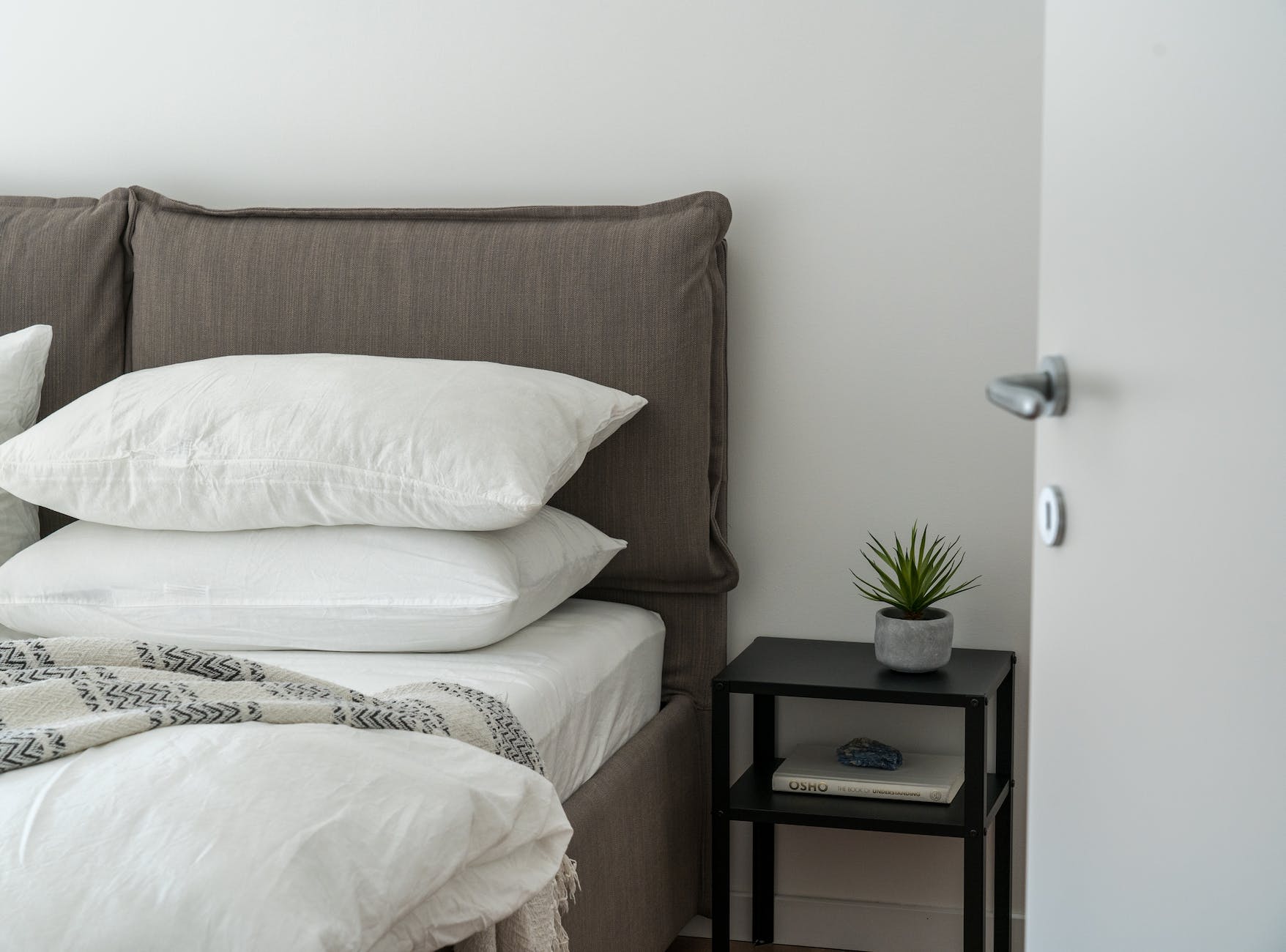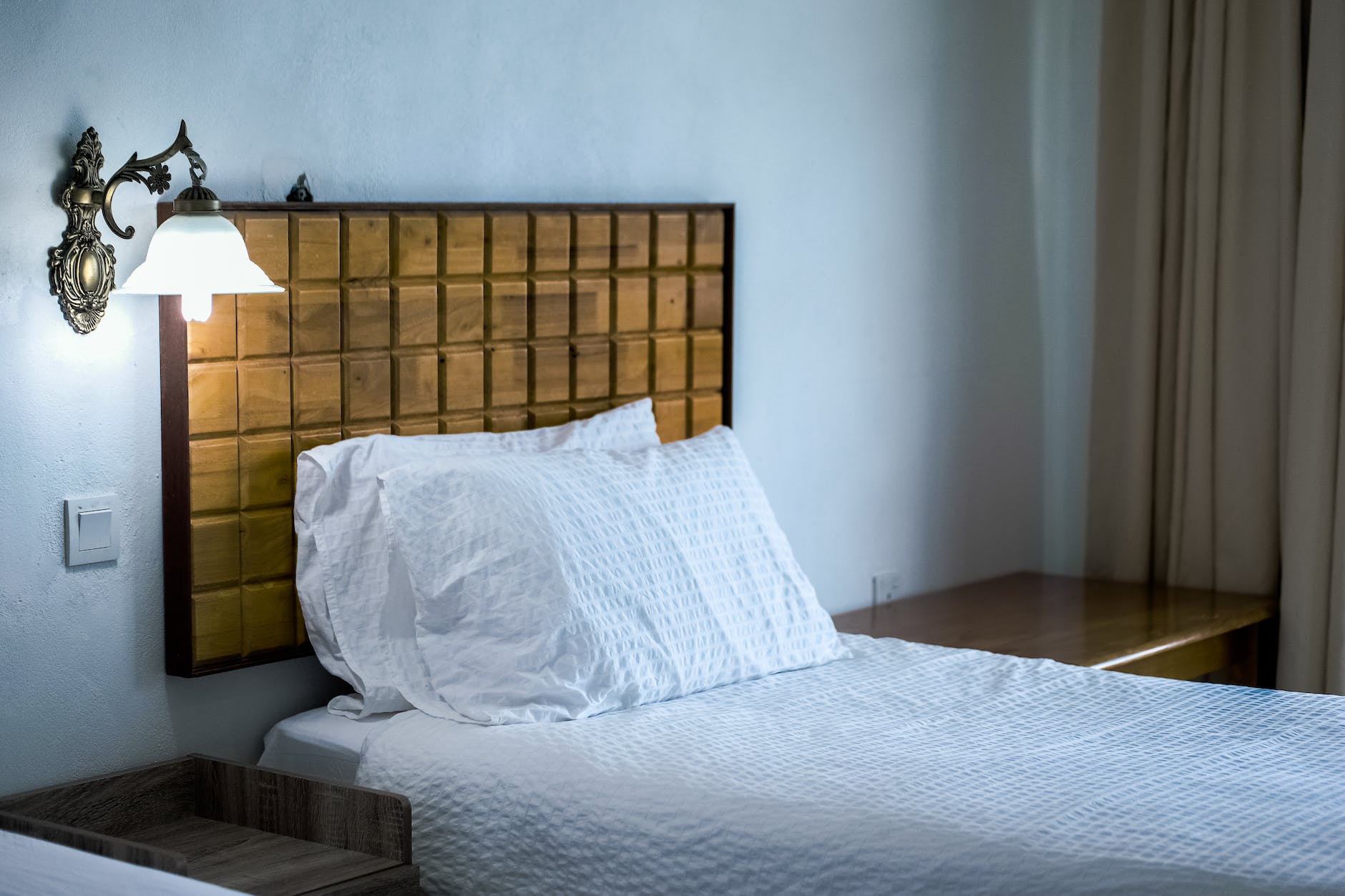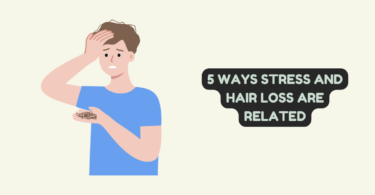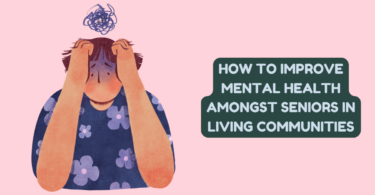
Pros and Cons of Sleeping Without a Pillow
Have you ever thought about what it would be like to sleep without a pillow? Believe it or not, some people like it! In this article, we’ll look closer at the pros and cons of sleeping without a pillow and help you decide if it’s something you should try. We’ll explore the potential benefits of sleeping without a pillow, including improved posture, reduced pain, and clearer skin.
We’ll also discuss potential risks, such as sinus congestion, jaw pain, and decreased blood flow. In this article, you’ll understand what it’s like to sleep without a pillow and whether or not it’s the right choice. So, let’s discover and explore the world of pillow-free sleeping!
When going to bed at night, you might be used to using a pillow for pillow side sleeping. It’s a soft, fluffy thing you put under your head to make it more comfortable. But did you know some people don’t use pillows? It’s true! They sleep with just a mattress under their heads.
Sleeping without a pillow
Sleeping without a pillow means you have nothing under your head or neck. Instead, you lie flat on your back or stomach. Some people say it’s more comfortable than using a pillow, while others find it uncomfortable or painful.
Pros of Sleeping Without a Pillow
There are some benefits to sleeping without a pillow. Let’s take a look at some:
Improved Posture
Posture is how you hold your body when you sit or stand. Sleeping without a pillow makes your head, neck, and spine neutral. That means they’re aligned straight, like a line from your head to your toes. This is good for your posture because it reduces pressure on your neck, shoulders, and back.
Relief for People with Neck Pain
If you have neck pain, sleeping without a pillow might help. When you use a pillow, your neck is bent forward, which can strain your neck muscles. Sleeping without a pillow allows your neck to rest in a natural position, which can reduce pain and stiffness.
Helps with Acne
Acne is a common skin condition. Acne occurs when the hair under the skin becomes clogged. This can cause whiteheads, pimples, and blackheads. If you sleep with your face on a pillow, the oils and bacteria from your skin can get trapped in the fabric. This can make acne worse. Sleeping without a pillow reduces this risk and can help improve your skin’s health.
Cons of Sleeping Without a Pillow
While there are some benefits to sleeping without a pillow, there are also some risks. Here are a few:
Discomfort
Sleeping without a pillow can be uncomfortable, especially if you’re used to using one. Your shoulders and hips might feel pressure from lying directly on the mattress. You might also need help finding a comfortable position without a pillow to support your head.
Risk of Misaligned Spine
If you sleep without a pillow and your spine isn’t aligned correctly, you could put pressure on your lower back. This can cause pain and discomfort and even exacerbate existing spinal conditions.
Can Exacerbate Existing Conditions
Some people have conditions that make it harder to sleep without a pillow. If you have sleep apnea, sleeping with your head elevated to help with breathing might be needed. And if you have acid reflux, sleeping without a pillow can make it worse by allowing stomach acid to flow back into your esophagus.
Sinus Congestion
Sleeping without a pillow can cause fluid to build up in your sinuses, leading to congestion and difficulty breathing. Avoid sleeping without a pillow if you have a cold or sinus infection.
Increased Pressure on Your Jaw
Sleeping without a pillow can put more pressure on your jaw, especially if you sleep on your side. This can lead to jaw pain and discomfort.
Decreased Blood Flow
Sleeping without a pillow can cause your head to be lower than the rest of your body, leading to decreased blood flow to your brain. This can cause headaches, dizziness, and other symptoms.
Who Should Sleep Without a Pillow?
While sleeping without a pillow isn’t for everyone, some might benefit. Here are a few:
Back sleepers
If you sleep on your back, you might find that sleeping without a pillow is comfortable. This position naturally aligns your head, neck, and spine, so you don’t need a pillow to support your head.
People with neck or back pain
If you have neck or back pain, sleeping without a pillow might help. Keeping your neck and spine neutral can reduce muscle strain and relieve pain.
People with acne-prone skin
If you have acne-prone skin, sleeping without a pillow can help reduce irritation and improve the overall health of your skin.
Tips for Sleeping Without a Pillow

Pillow
If you decide to try sleeping without a pillow, there are a few things you can do to make the experience more comfortable:
Choose the Right Mattress
Having the right mattress is essential when sleeping without a pillow. Ensure your mattress is firm enough to support your body and align your spine. A soft bed can cause your body to sink, leading to discomfort and pain.
Use a Rolled-up Towel
Use a rolled-up towel if you’re having trouble finding a comfortable position without a pillow. Place it under your neck or shoulders to provide some support. This can help you maintain a neutral spine position and reduce pressure on your muscles.
Sleep on Your Back or Stomach
Sleeping on your side without a pillow can be uncomfortable, as your shoulders and hips might feel pressure from lying directly on the mattress. Sleeping on your back or stomach can help alleviate this discomfort, as your body weight is distributed more evenly.
Gradually Transition
If you’re used to sleeping with a pillow, it might take some time to get used to sleeping without one. Try gradually reducing the thickness of your pillow over a few nights until you’re comfortable sleeping without one.
Conclusion
In conclusion, sleeping without a pillow can have both pros and cons. While it can improve your posture, reduce pain, and even benefit your skin, some may have better options. It’s essential to consider your needs, preferences, and potential health concerns before deciding whether to try sleeping without a pillow.
Remember to gradually transition if you try it, and always listen to your body. Whether you choose to use a pillow or not, the most important thing is to get a good night’s sleep and wake up feeling rested and refreshed. Sweet dreams!






